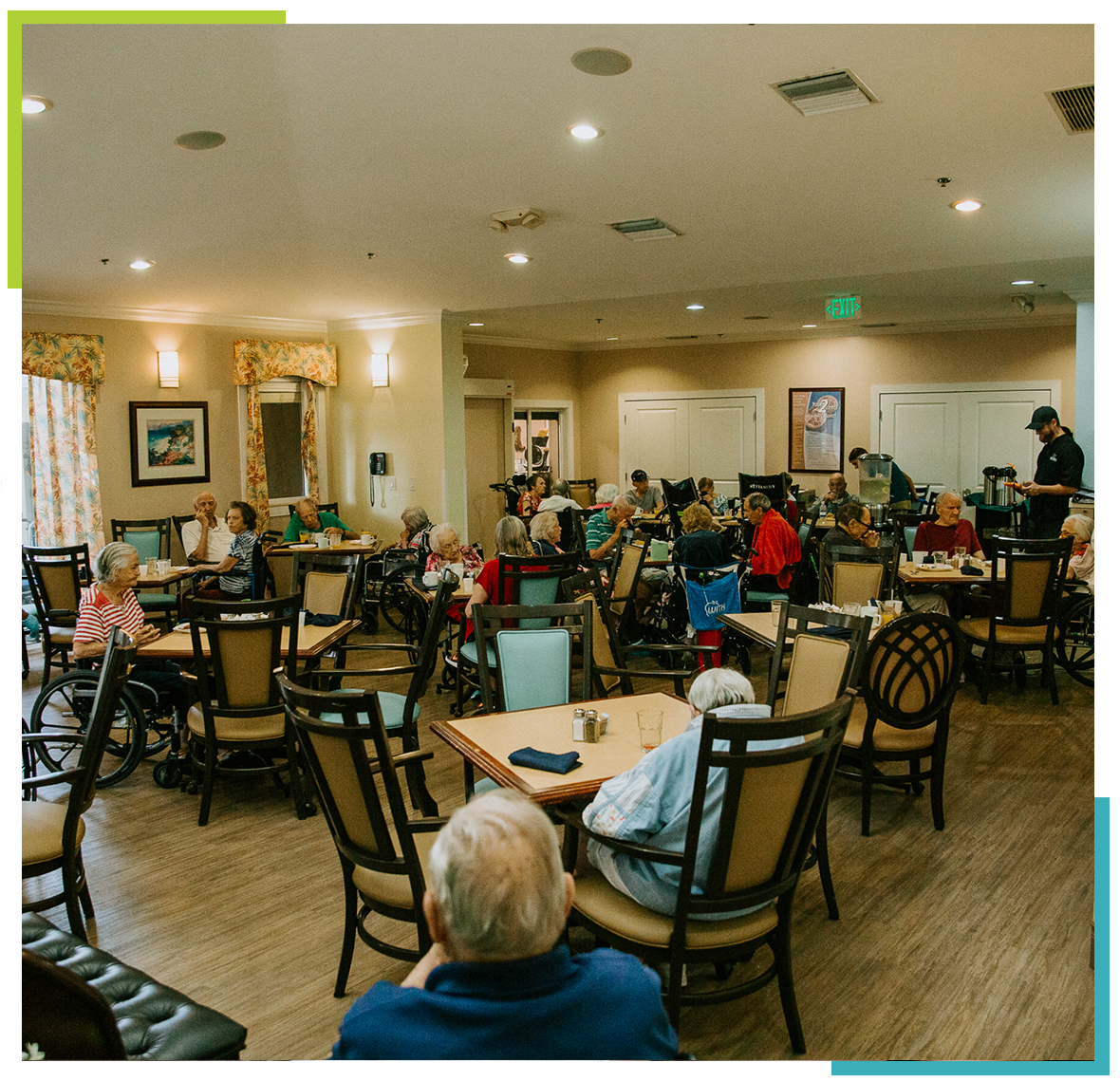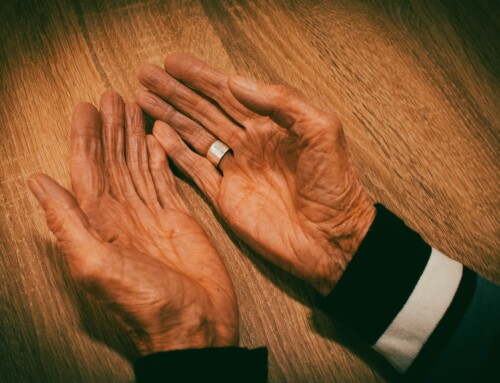As you age, it’s possible that your body can not physically keep up with the number of activities and errands you want to do on a given day. Elderly Americans commonly report fatigue and lack of energy as contributors to a more sedentary lifestyle compared to their younger selves. Arguably, the most essential thing that keeps your body happy and healthy is diet and nutrition, both quality and amount. Poor nutrition can even lead to a decline in mental capacity and mood. If you want to be more active as you age and reclaim some of your youth, an excellent place to start looking is the food you put on your plate each and every day.

Is Eating Healthy Foods Enough?
Most people can find ways to make their diet healthier, even if it’s only by a small degree. However, very few are able to maintain a strict diet of only healthy foods at all times. Having sweets or indulging in cheat foods is fine in moderation as long as your body receives everything it needs regarding vitamins and minerals and is not loaded with excess calories.
However, some older Americans experience fatigue and exhaustion even when their diet is healthy and free of junk food. If your diet is already varied and healthy, there may be more complex reasons leading to your condition.
Combat Fatigue Through Habits
So if your diet is already a cut above most others, how do you improve it to fight feelings of fatigue?
Hydration – It can be hard to get a feel for how hydrated you are; most people don’t make a conscious effort to stay hydrated, relying on their thirst to tell them when to drink. However, water is an integral part of every single one of your body’s systems, and keeping your body supplied with ample amounts of water is often the best way to feel higher levels of energy. On hot days when temperatures outside reach upwards of 100 degrees Fahrenheit, as they sometimes do here in Florida, your body needs to be supplied with a constant supply of water to keep cool and prevent the body from running on fumes. Always remember to drink enough water to combat the amount of exercise or outdoor activities you are partaking in; you should always drink more water on active days compared t sedentary days.
Skipping Meals – While some people find success losing weight or regulating their body by only eating during a small portion of the day (known as intermittent fasting), studies have shown that skipping breakfast has a noticeable impact on the energy and responsiveness levels of people in the late morning period. Even if you eat enough in a day to satisfy your body’s needs, you may be causing your body to go through parts of the day severely under-fueled. Try to space out and time your meals so that each one provides enough nutrients and energy to help you feel great for the next few hours.
Cut Out Potential Triggers – Everyone responds to food and drinks differently, and some of your choices could affect your energy levels. Caffeinated drinks and alcohol are two examples that commonly lead to fatigue. Alcohol can cause people to wake up feeling terrible, often causing them to make further unhealthy diet choices. Caffeinated drinks like coffee can provide a boost of energy, but that often leads to an eventual crash that leaves you feeling comparatively more tired than before.
Drastic changes to your diet should never be undertaken alone, and you should consult a healthcare professional to find what options are best for you. Here at A Banyan Residence, we can accommodate your needs to help provide healthy options that keep you feeling great and energetic all day long. We provide professional assisted living and memory care facilities for residents of The Villages.







